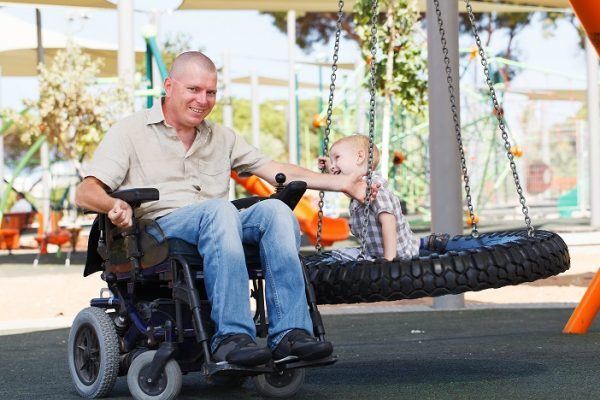Home Healthcare is an important field in California. Many individuals require in-home services for a variety of medical conditions. Home Healthcare Workers (HHCW) can be employed in a variety of ways including through the State.
This article will discuss Home Healthcare Workers, their tasks, and the occupational risks of HHCWs.
What Are Home Healthcare Workers?
Per the United States Department of Labor, “[h]ome healthcare workers provide hands-on long-term care and personal assistance to clients with disabilities or other chronic conditions. These workers, who may be home health aides, personal/home care aides, companions, nursing assistants or home health nurses, are employed in patients’ homes and in community-based services such as group homes.”
What Tasks Do They Perform?
“Depending on their training and job duties, they help patients with activities of daily living such as meals, bathing, dressing and housekeeping, and may perform clinical tasks such as medication administration, wound care, blood pressure readings and range of motion exercises.” USDL
What are The Home Healthcare Hazards?
Home Healthcare Workers are subject to a large variety of hazards. They include bloodborne and biological pathogens, latex sensitivities, ergonomic hazards, violence, hostile animals, dangerous conditions and unhygienic conditions.
How Do These Problems Occur?
Bloodborne and Biological Pathogens: This can include saliva, urine and feces. These can occur while performing injections or changing bags such as urostomy bags.
Latex Sensitivity: This can arise out of the use of gloves. Glove use can result in contact dermatitis.
Ergonomic Hazards: This can arise from working at a patient’s home which is not set up in an ergonomic fashion. For example, lifting may be required in an awkward position.
Violence: This most commonly arises in patients that suffer from dementia. They have the capacity to act out in a violent fashion. This can include being bitten, kicked, pinched, punched, scratched, or shoved.
Hostile Animals: This most commonly relates to aggressive family pets who may bite or jump on workers. Additionally, they can be tripping hazards as well.
Dangerous Conditions: These conditions can arise from physical defects on the premises as well as exposures to drug residues, infectious agents and cleaning chemicals..
Unhygienic Conditions: Unlike hospitals, home settings may not have proper disposal of biological waste. This can result in transmission of pathogens.
Travel: Home Healthcare Worker may service more than one patient in a day. Thus, there duties may include travel from one location to another
Environmental Hazards: This can include second-hand smoke, exposure to asbestos, exposure to lead paint and exposure to allergens such as dust and mold.
What If I Need Advice?
If you would like a free consultation regarding workers’ compensation, please contact the Law Offices of Edward J. Singer, a Professional Law Corporation. We have been helping people in Central and Southern California deal with their workers’ compensation cases for over 28 years. Contact us today for more information.
